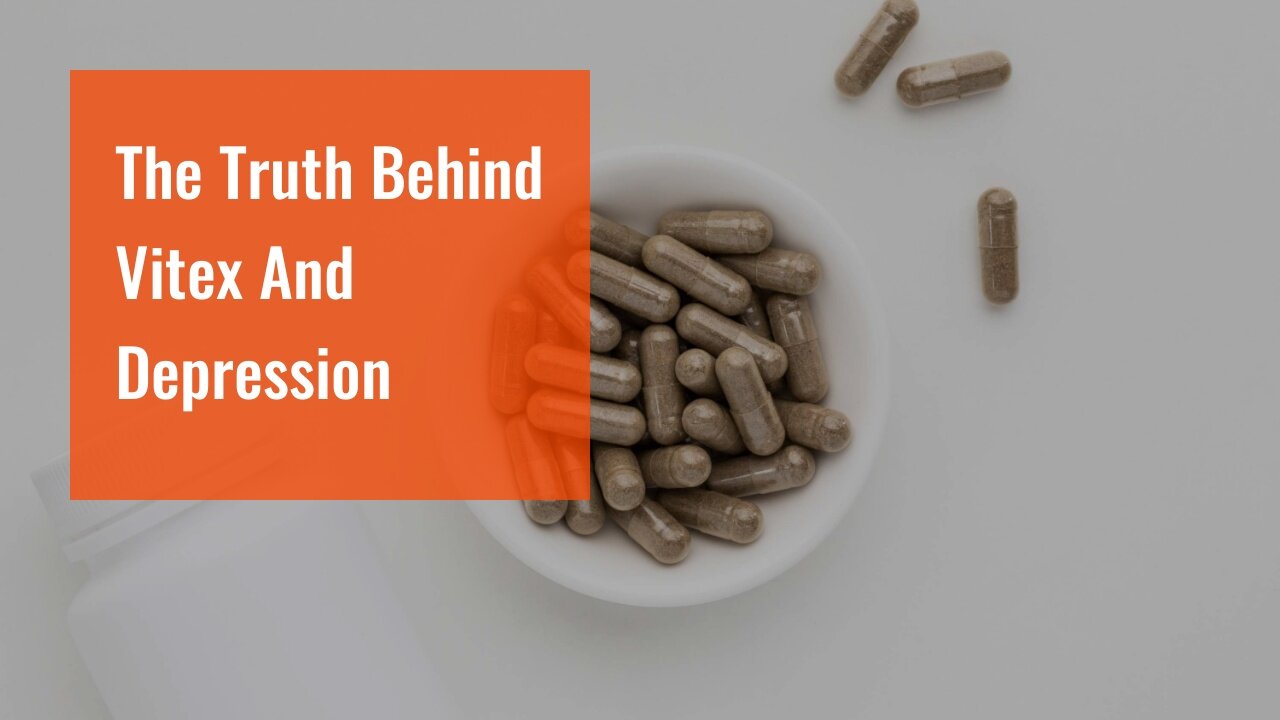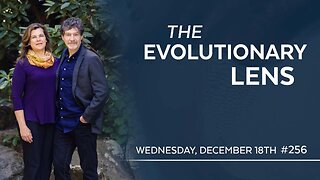Premium Only Content

The Truth Behind Vitex And Depression
https://www.mrdepression.com/the-truth-behind-vitex-and-depression/
The Truth Behind Vitex And Depression
How to Use Vitex for Depression Vitex and depression. There is a growing body of evidence supporting the use of complementary and alternative medicine for the treatment of depression and premenstrual syndrome. One plant that has shown promising results in animal studies is Vitex agnus-castus. This herb affects the serotonergic system and influences anxiety-like behaviors in rats. Here are some ways to use vitex for depression. And read on to discover if it is effective for you! Fight Back Depression Treatment of premenstrual syndrome Vitex and depression are not the only linked elements involved in this discussion. Vitex agnus castus, a plant from the chaste tree, is used for treating premenstrual syndrome (PMS). In a recent review by Canning S and Waterman M, the herb was found to be more effective than a placebo in treating premenstrual symptoms. The authors found that the plant has more benefits than a placebo in reducing mood swings and symptom severity.
In the past, women have used extracts of Vitex agnus-castus for treating female reproductive disorders, including premenstrual symptoms and irregular menstrual cycles. The plant’s extract has been proven to be effective and is widely available in many countries. Its benefits include an improved quality of life and reduced risk of disease. Its effectiveness in treating premenstrual syndrome is based on studies conducted by several researchers.
Studies have indicated that the plant’s extract, called BNO 1095, has beneficial effects on premenstrual symptoms. However, clinical evidence of the plant’s effects on premenstrual syndrome has not been found yet. Nevertheless, the herb is becoming more popular as a natural remedy for premenstrual syndrome, with studies comparing the effectiveness of Vitex in treating the disorder. In fact, many women prefer herbal treatments over chemical therapies.
So how are vitex and depression related?
The active ingredient in Vitex is retinol, which helps restore the normal balance of progesterone and estrogen during a woman’s menstrual cycle. It also helps control the secretion of prolactin, which can lead to breast tenderness, infertility, and even failure to ovulate. In addition, Vitex helps reduce the levels of prolactin before a woman’s period, which in turn helps alleviate PMS symptoms.
Vitex may affect hormone levels, so it may not be suitable for women with thyroid problems or those with other hormonal conditions. Vitex has the potential to interfere with antipsychotic drugs. In addition, Vitex may interact with follicle-stimulating hormone, which can affect fertility. Although Vitex is a proven way to treat premenstrual syndrome, it is still not a cure for infertility or fertility.
In a randomized, placebo-controlled trial, Vitex agnus castus was associated with reduced total VAS scores in 69 women. The effect of Vitex on ten-symptom scores was seen in a time-dependent manner. Responder rates increased at a high rate and reached 91.0% by the third menstrual cycle. The study found that almost all patients were free of symptoms or exhibited only mild symptoms based on the PGA. A total of eight patients experienced non-serious adverse events, including one case of allergic dermatitis.
In the study, the researchers found that taking a liquid preparation of vitex helped 10 out of 15 women with amenorrhea to resume their regular menstrual cycles. The study was conducted over six months. However, further studies are needed to establish its exact role in the treatment of amenorrhea. For now, there are no known interactions between vitex and other prescription drugs. But some doctors recommend this remedy for their patients with endometriosis. Treatment of depression We are aware that vitex and depression have a correlation. In this study, women were given a placebo or Vitex agnus-castus tablets to help them cope with their postmenopausal depression. The dosage of the drug varied according to the severity of depression. The study also examined the effect of the drug on physical quality of life in postmenopausal women. This plant is known for its antidepressant properties. However, it is not clear exactly how the plant can help with depression. Vitex and depression are really working together?
Although the effects of vitex on depression are relatively small, the research indicates that it may be effective for a variety of disorde...
-
 LIVE
LIVE
LFA TV
22 hours agoThe German Strongman’s Arrival Is Imminent | Trumpet Daily 12.18.24 7PM EST
542 watching -
 LIVE
LIVE
Melonie Mac
3 hours agoGo Boom Live Ep 32! Soul Reaver Remastered!
364 watching -
 LIVE
LIVE
Sarah Westall
37 minutes agoDigital Slavery and Playing with Fire: Money, Banking, and the Federal Reserve w/ Tom DiLorenzo
470 watching -
 LIVE
LIVE
2 MIKES LIVE
5 hours ago2 MIKES LIVE #157 ILLEGALS, PROTESTORS AND DRONES!
155 watching -
 1:01:03
1:01:03
LFA TV
22 hours agoTHE LATEST SPENDING BILL IS AN ABOMINATION! | UNGOVERNED 12.18.24 5pm EST
7.51K8 -
 1:43:34
1:43:34
Redacted News
4 hours agoBREAKING! WARMONGERS PUSHING TRUMP TO LAUNCH PRE-EMPTIVE WAR WITH IRAN | Redacted News
82.8K182 -
 1:00:26
1:00:26
Candace Show Podcast
3 hours agoPiers Morgan x Candace Owens | Candace Ep 123
40.9K142 -
 2:06:51
2:06:51
Darkhorse Podcast
6 hours agoThe 256th Evolutionary Lens with Bret Weinstein and Heather Heying
41.2K24 -
 3:08:08
3:08:08
Scammer Payback
4 hours agoCalling Scammer Live
22K1 -
 1:21:25
1:21:25
Mally_Mouse
7 hours agoLet's Yap About It - LIVE!
69.2K9